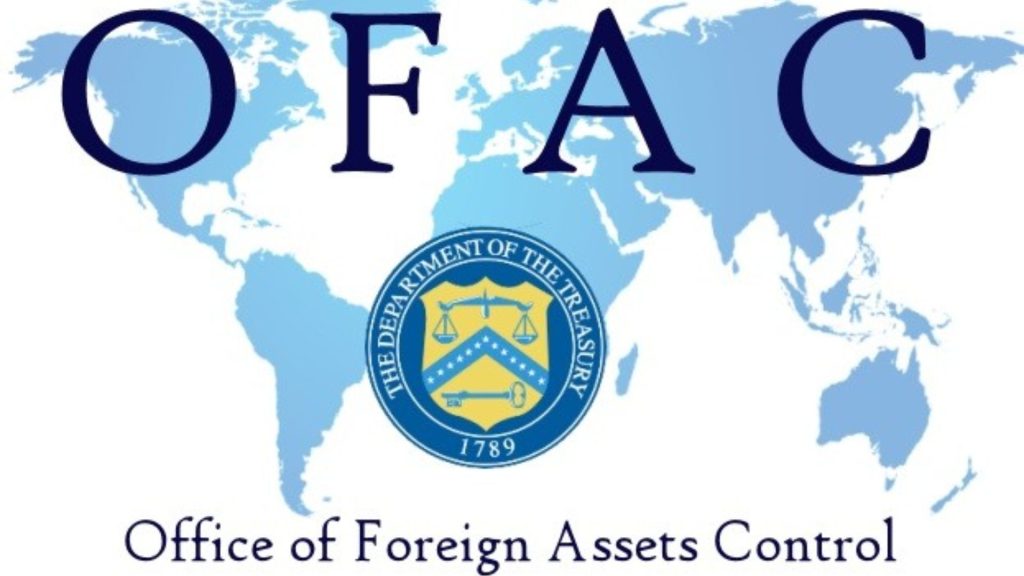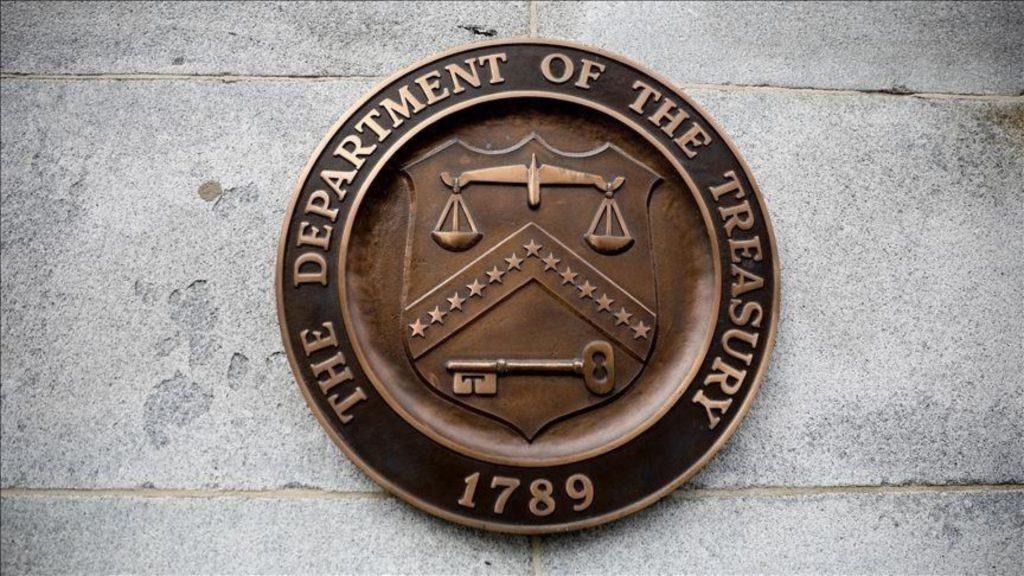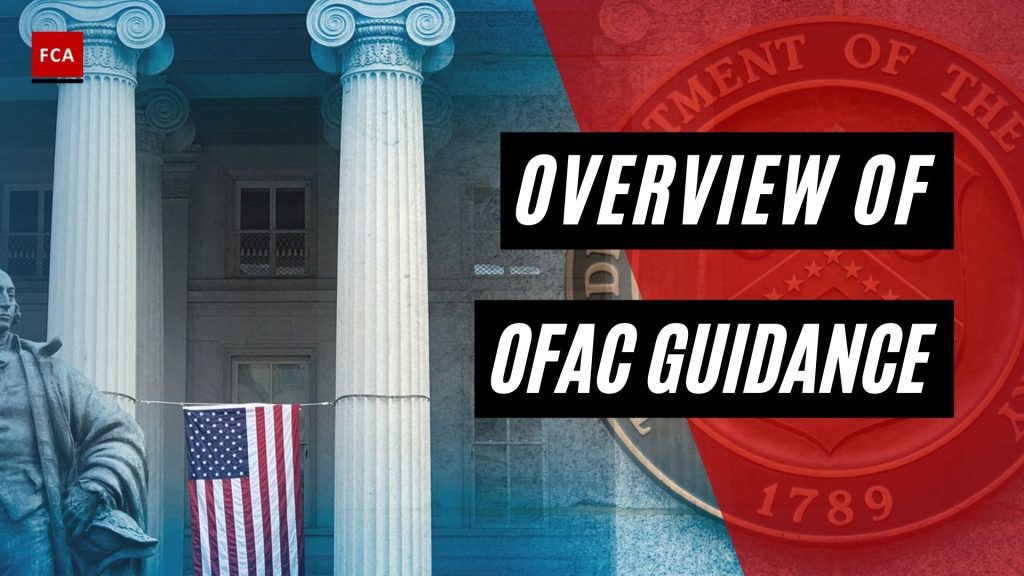The Office of Foreign Assets Control or OFAC guidance frequently offer generic licenses that permit the execution of specific types of transactions. Additionally, in some limited circumstances and conditions, OFAC may issue particular licenses on an individual basis.
The U.S. Department of the Treasury’s Office of Foreign Assets Control (OFAC) administers and enforces U.S. economic and trade sanctions programs against targeted foreign governments, individuals, groups, and entities following national security and foreign policy goals and objectives.

OFAC Guidance on an Effective Sanctions Compliance Framework and Applicability Beyond the United States
The Office of Foreign Assets Control is an agency within the Department of the Treasury that is responsible for implementing financial sanctions. OFAC works in consultation with other agencies, such as the Department of State. A core component of OFAC sanctions is the Specially Designated Nationals and Blocked Person List, or SDN list. The SDN list contains the names and identifiers of individuals, companies, vessels, and other entities whose assets are to be blocked or frozen.
Another agency in the US that is responsible for sanctions affairs is the Bureau of Industry and Security or BIS. The BIS is within the Department of Commerce. It maintains the Denied Persons List, which is a list of persons for whom export privileges have been denied. The BIS also administers the Export Administration Regulations or EAR. The Export Administration Regulations apply to commodities, technology, software, and other things subject to export controls.
OFAC strongly encourages organizations subject to U.S. jurisdiction, as well as foreign entities that conduct business in or with the United States, U.S. persons, or using U.S.-origin goods or services, to employ a risk-based approach to sanctions compliance by developing, implementing, and routinely updating a sanctions compliance program (SCP). While each risk-based SCP will vary depending on a variety of factors including the organization’s size, products and services, customers and counterparties, and geographic locations.

Each program should incorporate at least five essential components of compliance, which shall be discussed in the following lectures:
(1) Management commitment
(2) Risk assessment
(3) Internal controls
(4) Testing and auditing
(5) Training
Final Thoughts
The Office of Foreign Assets Control, also known as OFAC, is part of the US Department of the Treasury and is responsible for managing and enforcing economic and trade sanctions against specific foreign nations and regimes, terrorist organizations, global drug traffickers, individuals engaged in activities related to the proliferation of WMD, as well as other threats to US national security, foreign policy, or the economy.








